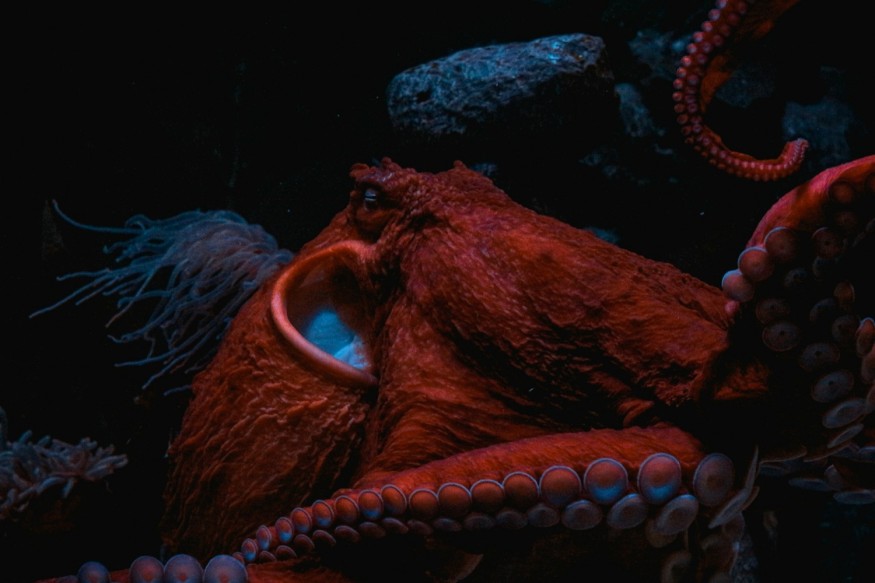New deep sea octopus species have been discovered lurking beneath the Pacific Ocean located off the coast of Costa Rica. Reports earlier this week indicate that scientists described a total of four new octopus species living and thriving in deep sea spring environments, where temperatures are relatively warmer compared with its surrounding waters.
The discovery happened in 2023 through a remotely operated vehicle (ROV) which was exploring seamounts or underwater mountains at that time, at a depth of nearly 2 miles from the surface of Costa Rica's Pacific Coast. One of the new octopus species found involved countless mother forming into octopus balls to protect their unhatched eggs.
The breakthrough findings confirm existing evidence that deep sea environments are not lifeless wastelands since some marine animals (bizarre as they may seem) can still live in these areas deprived of sunlight. Over the past decade, scientists have discovered multiple living organisms thriving near or at the bottom of the world's deep oceans.
New Octopus Species

The new octopus species were discovered by researchers from the Schmidt Ocean Institute, a non-profit research organization based in the United States. The ROV mentioned earlier came from the organization's research vessel Falkor during expeditions conducted back in June 2023 and December 2023.
In a footage uploaded on YouTube on Wednesday, January 17, a 1-minute clip from the apparent ROV shows that one of the deep sea octopuses was curling into a ball and it has been reported that octopus eggs in these environments may not survive, which make octopus mothers to be their full-time protectors.
Deep Sea Springs
The site of the discovery includes two low-temperature hydrothermal springs, two octopus nurseries, and a skate nursery. Prior to the discovery, researchers in 2013 found the deep sea spring, which was the first of its kind, especially since its water temperature stand at approximately 50 degrees and is significantly warmer than its surrounding near-freezing water.
The octopus nursery's location in the unique environmental and hydrothermal springs brought interest to the Schmidt Ocean Institute's research team. The discovery of the deep sea springs shed light on conducive conditions, including the right amount of temperature and oxygen level, for life to survive.
Hydrothermal Vents
Unlike non-heated, superheated hydrothermal vents, underwater springs like those in Costa Rica's Pacific coast are considered as one-of-a-kind by the Schmidt Ocean Institute researchers. For now, it is unclear if other similar environments are hosting deep sea octopuses found across Earth's oceans. Still, scientists have not ruled them out yet.
In May 2023, an international team of scientists discovered a never-before-seen hydrothermal vents teeming with life along the Mid-Atlantic Ridge, the Smithsonian Magazine reported. The gaps in the seafloor are rich in mineral water but are extremely hot, as reportedly confirmed by the National Oceanic and Atmospheric Administration (NOAA).
© 2025 NatureWorldNews.com All rights reserved. Do not reproduce without permission.





